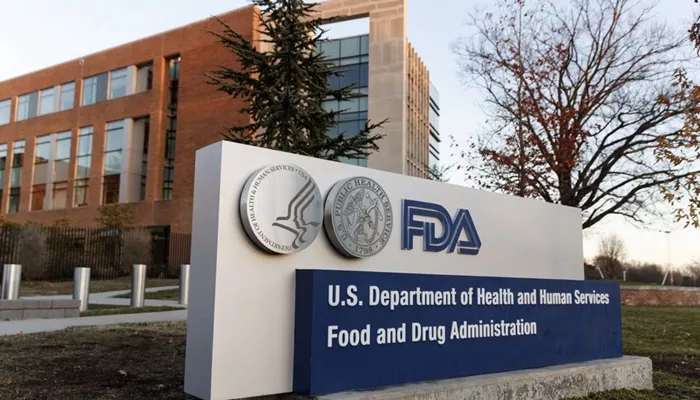Dec 19 (Reuters) – The U.S. Food and Drug Administration (FDA) announced on Thursday that there is no longer a shortage of Eli Lilly’s weight-loss and diabetes drugs, Zepbound and Mounjaro, following a recent supply re-evaluation.
The FDA’s decision effectively halts the sale of cheaper, unapproved copies of these drugs, which many patients have been using. However, the agency stated that it would not take action against compounding pharmacies making these versions for the next 60 to 90 days.
Compounding pharmacies, which are allowed by U.S. law to produce copies of brand-name drugs in short supply, were not given prior notice when the FDA first declared the shortage over in October. The agency had quickly reversed its stance after further review.
A spokesperson for Eli Lilly said that anyone marketing unapproved versions of tirzepatide (the active ingredient in Zepbound and Mounjaro) must stop immediately and begin transitioning patients to FDA-approved drugs.
The Alliance for Pharmacy Compounding, which represents pharmacists and technicians, called the announcement expected but noted that it may not be the final chapter. “I’m not convinced that the data the FDA is relying on is complete enough to declare the shortage truly over,” said Alliance CEO Scott Brunner.
The FDA also stated that Novo Nordisk’s weight-loss drug, Wegovy, remains in short supply, despite all doses being listed as available. The Alliance submitted a survey to the FDA showing that hundreds of thousands of patients were using compounded versions of Wegovy, urging the agency to recognize their role in easing the drug’s supply issues.
Telehealth company Hims & Hers Health, which offers compounded versions of Wegovy, declined to comment. Its stock, which has nearly tripled in value this year, closed 7.7% lower at $26.36 on Thursday.
Shares of Eli Lilly rose by 30% this year, closing at $757.54, though they dropped 0.9% on Thursday. Novo Nordisk shares increased by 10.6% in 2024, but fell 3.7% on Thursday.
Bernstein analyst Courtney Breen noted that the FDA’s decision signals the end of the “compounder-spree,” though he believes the impact on drug prescription volumes will be modest in 2025.
In October, a lawsuit was filed against the FDA by the Outsourcing Facilities Association, which represents larger compounding pharmacies. The association argued that the FDA made its decision based on Lilly’s claims that it could meet demand, without public input. It maintains that the drug remains in short supply.
The lawsuit was paused when the FDA agreed to reconsider its decision. In a court filing on Thursday, both sides said they were working to establish a schedule for the case. If the Outsourcing Facilities Association files a motion to block the FDA’s decision within two weeks, the agency has agreed not to take enforcement action while the court reviews the case.
Many insurers cover Lilly’s and Novo’s drugs for diabetes, but fewer cover them for weight loss, prompting many patients to pay out-of-pocket for compounded versions.
In August, Eli Lilly began sending cease-and-desist letters to telehealth companies, wellness centers, and medical spas selling compounded versions of its drugs. The company has also filed lawsuits against sellers claiming to offer FDA-approved versions of the medication.


